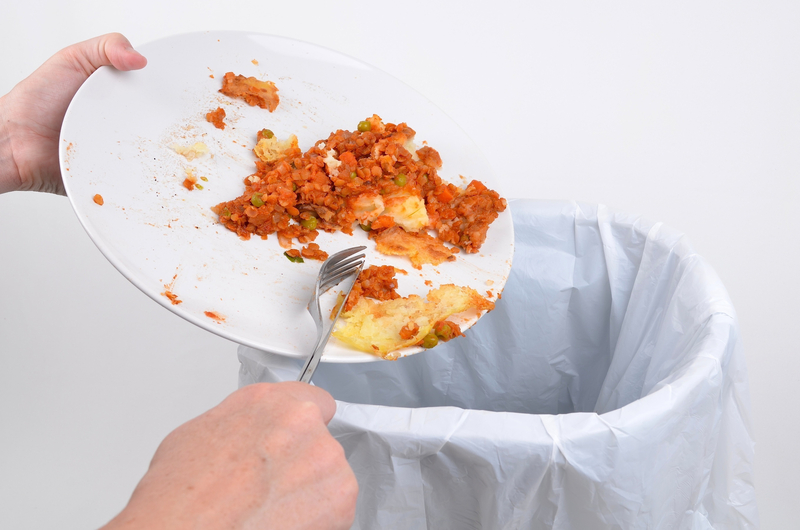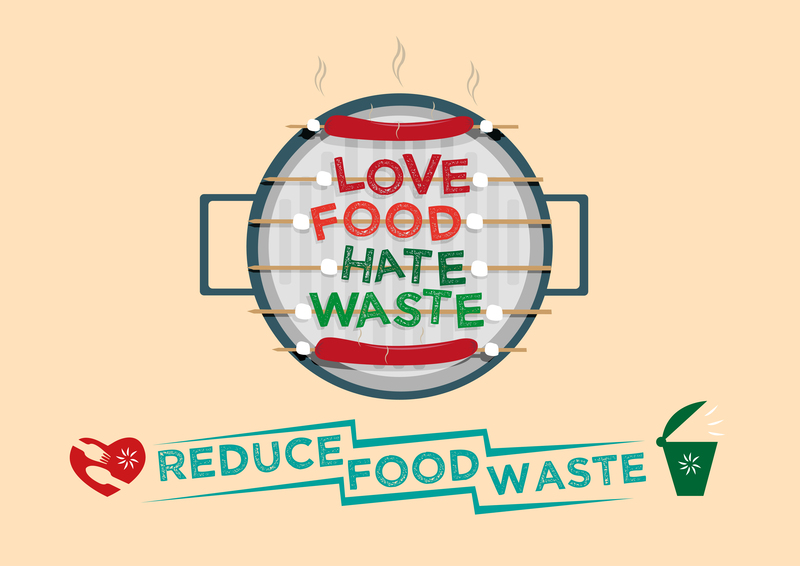Why Safe PPE Disposal Matters and How You Can Make a Difference
The ongoing global focus on hygiene and public health has brought Personal Protective Equipment (PPE) into the limelight. From face masks to gloves and gowns, PPE is now an everyday essential for millions. While its importance in protecting individuals from infectious diseases is widely recognized, the significance of safe PPE disposal is often overlooked. Unsafe disposal can have far-reaching consequences for both humans and the planet. In this comprehensive guide, we will explore why safe PPE disposal matters, examine its impacts, and outline actionable steps everyone can take to make a positive difference.
Understanding the Importance of PPE and Its Widespread Use
PPE is designed to provide a barrier between individuals and potential infectious agents or hazardous materials. In recent years, global crises and pandemics have made items like surgical masks, respirators, gloves, and face shields commonplace. According to environmental agencies, billions of PPE items are used every week worldwide.
- Healthcare Workers: Rely on PPE to protect themselves and their patients from pathogens.
- General Public: Uses disposable masks and gloves for personal protection in public spaces.
- Industries: Construction, manufacturing, and laboratory environments depend on PPE to ensure worker safety.
However, as PPE usage has soared, so has the challenge of managing its waste. Without safe PPE waste disposal practices, the risks extend beyond lost effectiveness of supplies and become a considerable public health and environmental crisis.

Environmental Consequences of Improper PPE Disposal
Non-Biodegradable Materials and Pollution
The vast majority of disposable masks, gloves, and gowns are made from materials like polypropylene, a type of plastic. These materials are non-biodegradable and can persist in the environment for decades. When PPE is thrown away carelessly--in streets, parks, oceans, or landfills--the environmental impact is severe.
- Soil and Water Contamination: Plastics from PPE break down into microplastics, entering soil and water systems.
- Threat to Wildlife: Birds, marine animals, and terrestrial creatures often mistake discarded PPE for food or become entangled, leading to injury or death.
- Visual Pollution: Littered PPE creates an eyesore, undermining the beauty and enjoyment of communities and natural spaces.
A 2021 study estimated that over 1.5 billion disposable masks ended up in the ocean in just one year, posing unprecedented risks to marine ecosystems. Safe and responsible PPE product disposal is essential to reduce this environmental burden.
Landfill Overload and Incineration Dangers
Millions of tons of PPE waste are dumped in landfills annually. As these materials accumulate, they may release toxic substances and greenhouse gases. Incineration, though used for waste management, can produce hazardous emissions if not conducted under strict safety standards. Thus, improper PPE disposal methods can contribute to both local and global environmental challenges.
Public Health Risks of Unsafe PPE Waste Disposal
Potential for Disease Transmission
Used PPE may be contaminated with pathogens, including viruses, bacteria, and fungi. When people improperly dispose of used masks, gloves, or face shields in public places, the risk of disease transmission rises.
- Sanitation Workers: Are at an increased risk of exposure during collection and processing if waste is not properly separated.
- Community Spread: Carelessly discarded PPE in public areas can become a vector for spreading infectious agents.
Safe disposal of PPE reduces the likelihood of cross-contamination and protects not just frontline workers but the whole community.
PPE Waste in Healthcare Settings
In healthcare facilities, used PPE is classified as infectious waste. Medical institutions follow strict biohazard disposal protocols using color-coded bins, incineration, or specialized recycling. However, when these protocols are not extended to the wider public and other non-medical settings, gaps in safety emerge.
Legal Responsibilities and Compliance for PPE Waste
Governments and health organizations have issued guidelines outlining proper PPE waste management and disposal procedures. Failure to comply can lead to legal penalties as well as public health crises.
- Regulations: Depending on the region, improper PPE disposal can result in fines or other penalties for businesses and individuals.
- Corporate Responsibility: Companies are increasingly expected to have clear PPE disposal and sustainability programs.
Staying informed about local regulations and adhering to best practices ensures compliance and contributes to a healthier environment.
How You Can Make a Difference: Actionable Steps for Safe PPE Disposal
While the scale of the issue might seem overwhelming, every individual and organization can contribute to safer, more responsible PPE waste disposal. Here are practical steps you can take:
1. Follow Local Guidelines and Bin Systems
- Dispose of used PPE items (masks, gloves, face shields) in dedicated waste bins, never in recycling.
- If available, use special PPE waste bins provided in public spaces, offices, and healthcare facilities.
- Hands should be sanitized immediately after handling used PPE.
2. Encourage and Advocate for PPE Recycling Programs
While many disposable PPE items are not currently recyclable through standard municipal programs, some companies and organizations have launched specialized PPE recycling services.
- Look for community or workplace PPE recycling programs--some accept masks and gloves for conversion into new products.
- Support businesses and municipalities investing in PPE sustainability initiatives.
3. Choose Reusable PPE Where Appropriate
When possible, opt for reusable cloth masks and washable gloves. Ensure they are regularly washed and well-maintained.
- Reusable options reduce overall waste volumes and environmental impact.
- Educate friends and colleagues about the benefits of sustainable PPE alternatives.
4. Safely Contain and Secure PPE Waste
Used PPE should be securely bagged before being placed in general waste bins, especially if there is a risk of contamination.
- Avoid overflowing bins or leaving PPE exposed where it may be picked up by wind, animals, or people.
- At home, double-bag used PPE if someone in the household is ill or quarantined.
5. Raise Awareness About Proper PPE Disposal Practices
Share best practices with your community, workplace, and on social media to amplify the importance of safe PPE disposal.
- Organize educational campaigns at schools and offices about disposing of PPE responsibly.
- Advocate for more accessible PPE disposal stations in public areas.
6. Support Policy and Innovation
Encourage local authorities to develop clearer guidelines and invest in research for biodegradable and recyclable PPE.
- Participate in local environmental forums and give feedback about waste facilities and collection systems.
- Support brands focused on creating eco-friendly PPE solutions.

Innovations and Future Trends in PPE Waste Management
Scientists and innovators are working on next-generation PPE products and waste management techniques to combat the global plastic waste crisis.
Biodegradable and Compostable PPE
Research is underway to develop masks, gloves, and other protective gear from cellulose, bioplastics, and other compostable materials. Such biodegradable options, when scaled, could dramatically reduce pollution.
- Some startups are offering compostable face coverings made from corn-starch or bamboo fibers.
- Biodegradable PPE breaks down much faster when properly disposed of, relieving the stress on landfills and ecosystems.
PPE Recycling Technologies
Innovative recycling programs are being piloted to process single-use masks and gloves into new products. These include:
- Road building materials
- Construction blocks
- Plastic pellets for manufacturing
As these technologies advance and become more widespread, everyone's participation in proper segregation and collection will be crucial.
Conclusion: Your Role in Ensuring Safe PPE Waste Disposal
Safe PPE disposal is far more than a personal responsibility--it is a public service and an environmental necessity. As PPE remains a staple of daily life, understanding its impact and adopting responsible disposal habits is key to protecting the planet and one another. Whether you are an individual, a business owner, or a policymaker, your actions make a real impact.
- Be informed: Stay updated on local guidelines and best practices.
- Take action: Use designated bins, promote recycling programs, and help educate others.
- Advocate for change: Support and demand better PPE waste solutions in your community.
Every mask, glove, and protective gown we use is a reminder of our collective commitment to health--how we dispose of them should reflect the same care. Let's work together to establish a culture of safe, sustainable PPE disposal for a cleaner, healthier future.
